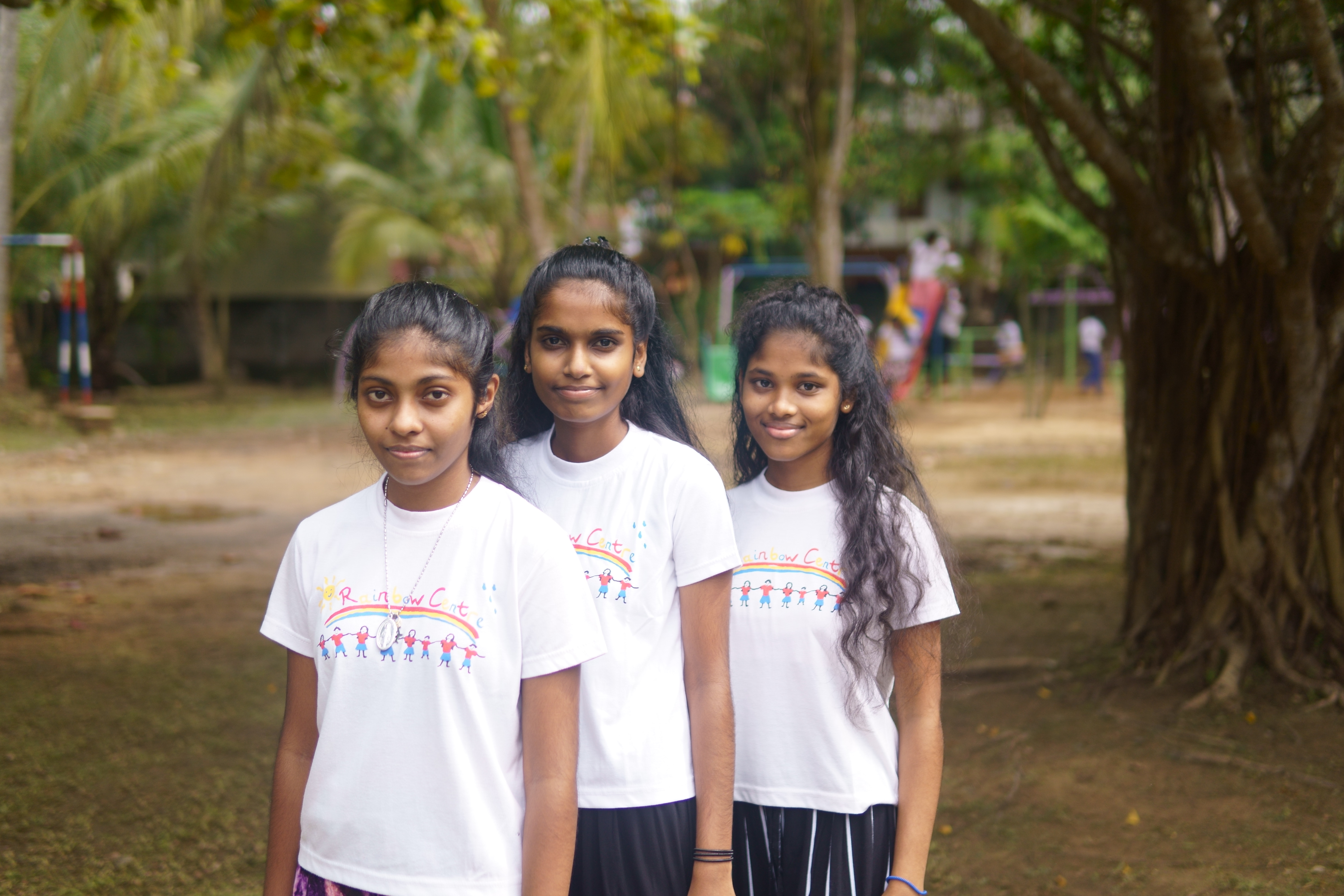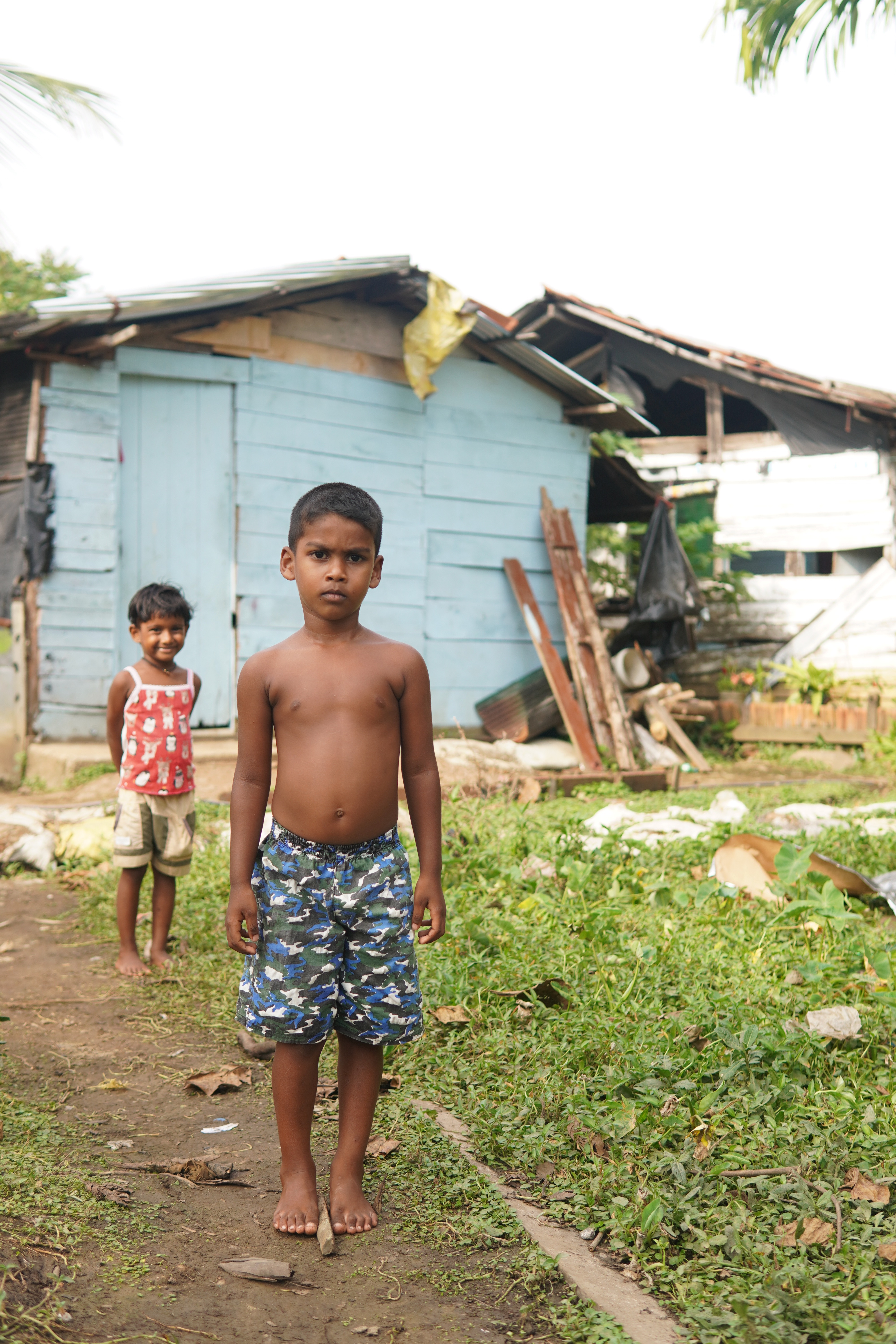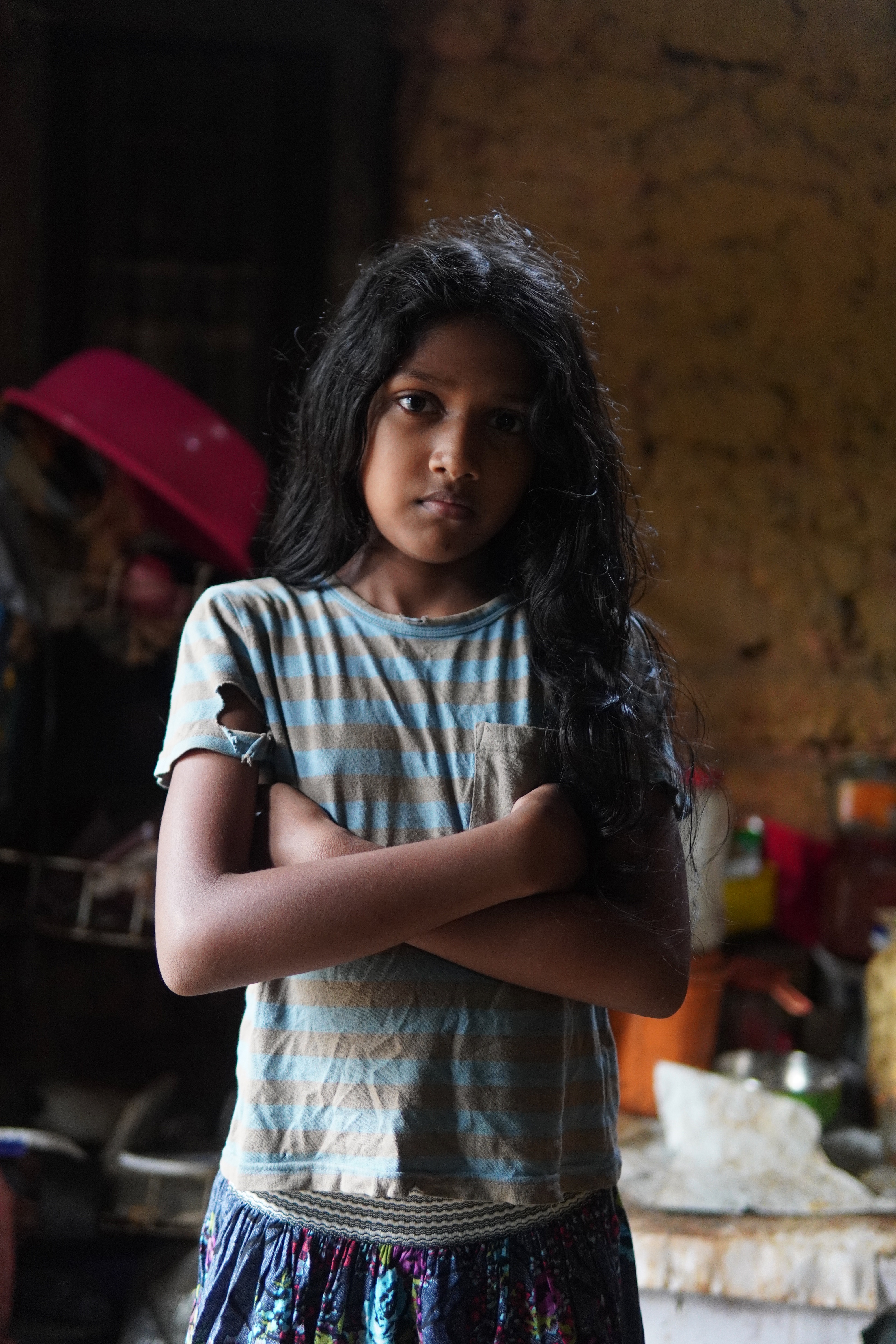RAINBOW CENTRE WELFARE PROGRAMMES
The problems facing Rainbow students are more complex than subsisting in extreme poverty. They include severe neglect, hunger, sex abuse, prostitution, homelessness, teenage pregnancy, the sale of babies, domestic violence for both children and mothers, the prevention of suicide and the need for increased welfare supervision.
![]()
![]()
Randhima Devindi, the Head of Welfare, is responsible for a critical area of the Centre’s operations. She began her work by taking on the huge task of establishing relationships with all the Rainbow Centre families, making regular visits and phone calls, often available on a 24-hour basis and working seven days a week.
The Rainbow Centre provides all the children with two nutritious meals a day and healthy snacks. Families unable to afford the spiralling cost of basic food are given help to purchase dry rations, medicine and assistance with access to hospitals and healthcare. During the Covid lock-down, the Rainbow Centre arranged for the army to help the Centre’s many families who were unable to go out and purchase food. Many mothers wept with relief.
![]()
![]()
The Centre has become a haven for those in crisis and has made significant improvements in standards of care, despite the daunting extent of the work. Randhima’s exceptional dedication, diligence, wisdom and compassion meant that the Welfare Department has both saved and transformed the lives of many Rainbow Centre families despite the often extremely disturbing and seemingly insurmountable problems it has had to address.
![]()
In January 2024, the Rainbow Centre recruited and trained three new social workers so that all families are monitored and assisted as needed. Parents and children consider the welfare office as their safe space to talk about their troubles. Their trust in the team is such that they come in and sit down, sometimes even spending a day there, have a meal and leave with a solution.
The newly expanded Welfare Department provides supervision, contact, home visits and counselling to all the Centre’s 111 families, most especially the 25 high-risk home situations.
![]()
The Welfare Department holds regular meetings and workshops for the parents, backed up by intensive welfare support, and these have led to a fundamental shift in parental understanding of the importance of education. Parent meetings to report on each child’s progress are regularly achieving a 100% turnout. Even, on a more superficial level, the children are better dressed and are less likely to arrive at the Centre in dirty clothes, without shoes or school bags and with torn workbooks. Voluntary absenteeism, once a problem, is becoming increasingly rare, motivated as much by the children as their parents.
![]()
![]()
![]()
In addition, the Centre regularly runs family workshops. Before this, children were often viewed by their families as a source of extra labour, made to carry out all the housework, while girls were often treated as burdens to be married off in their early teens. The Rainbow Centre has given the broader adult community a sense of hope through a range of initiatives, often involving providing alternative solutions to unsustainable debt and inability to find work.
![]()
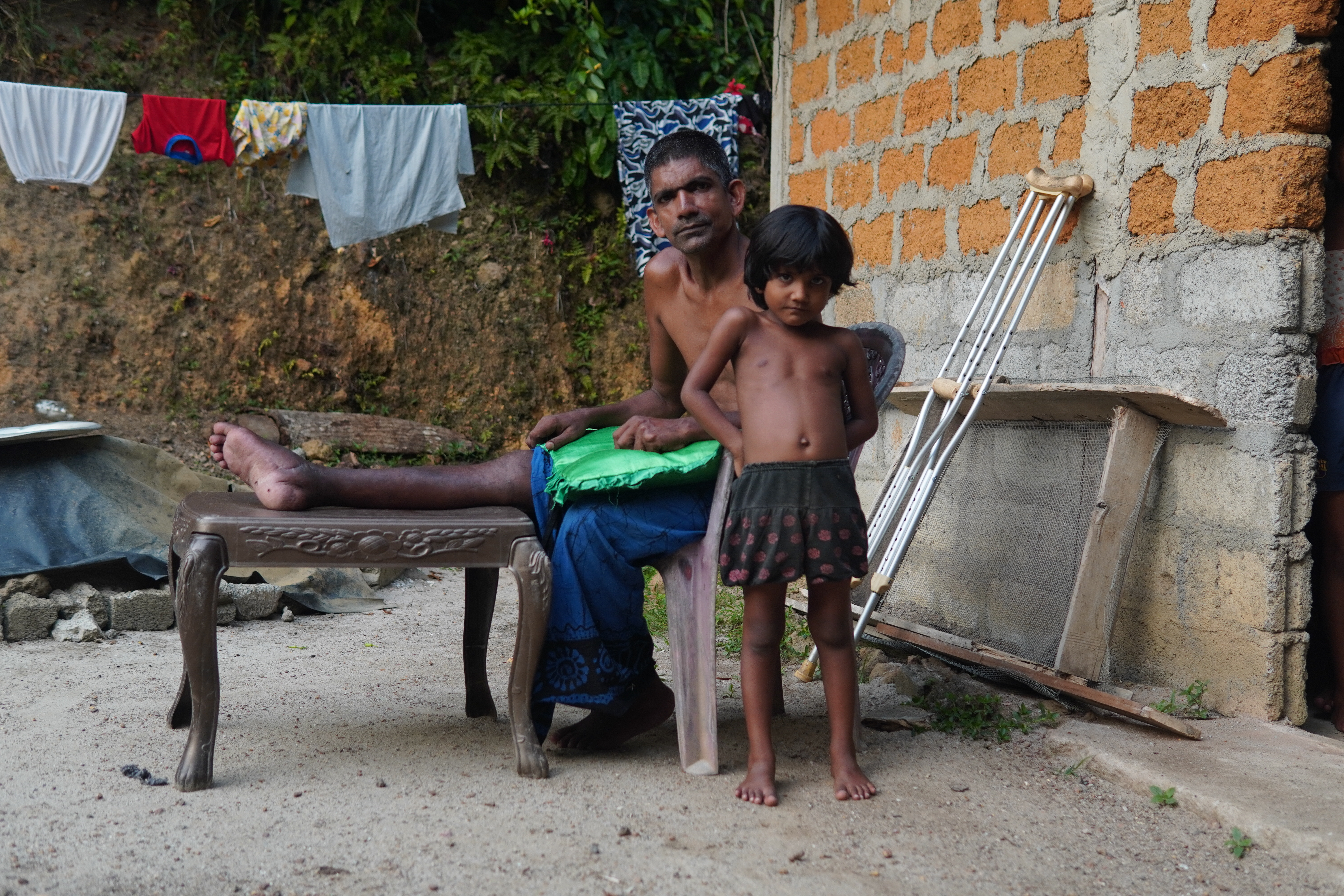
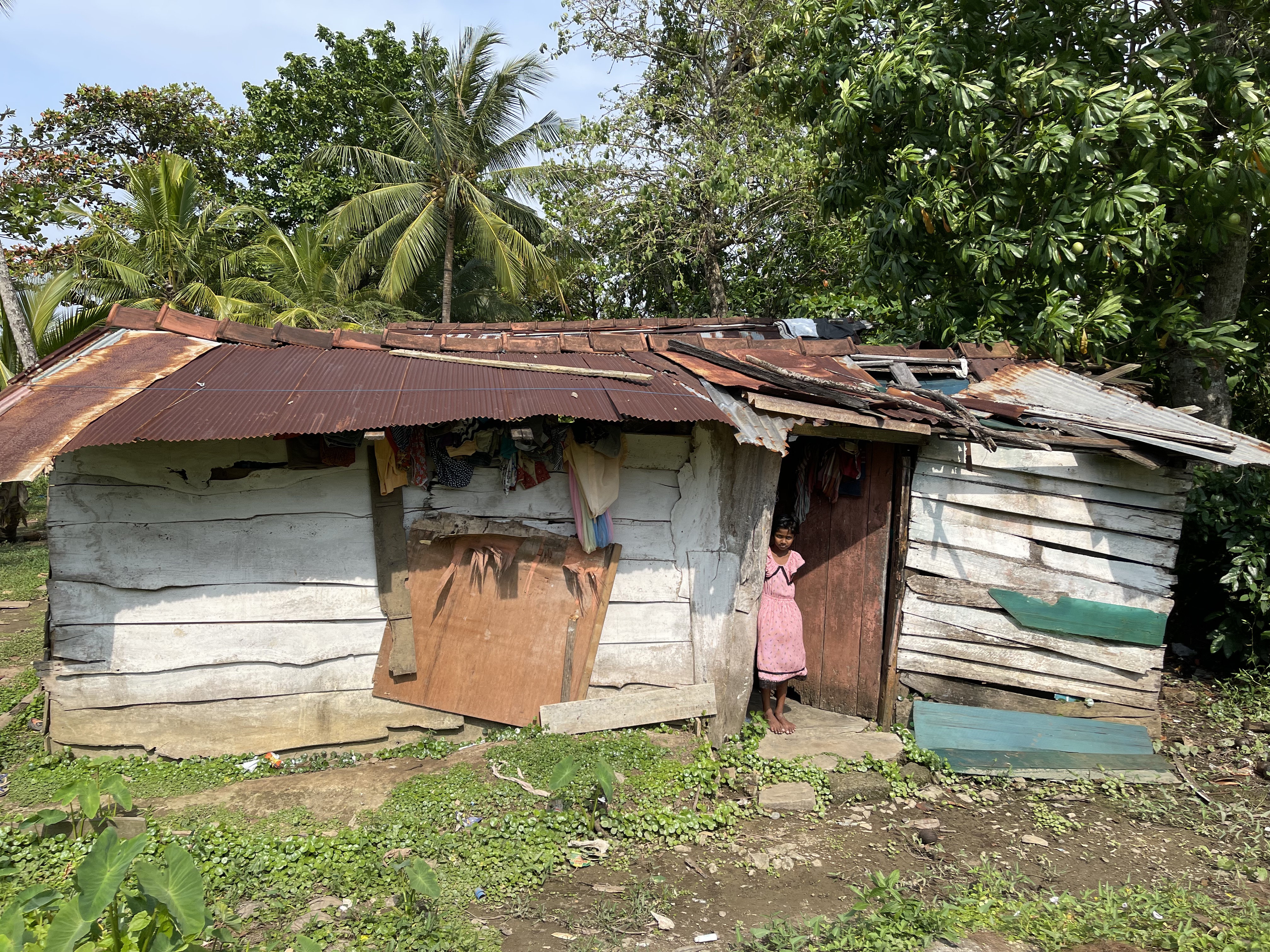
![]()

![]()
![]()
![]()
